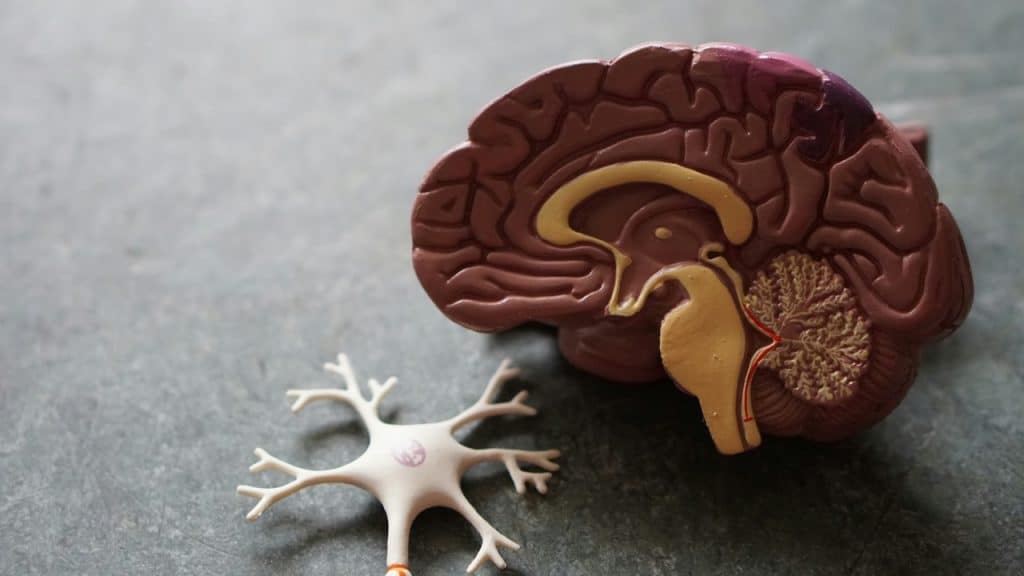How to establish a virtuous circle of care
The brain’s reward system, a complex set of neural circuits, plays an essential role in regulating emotions, decisions and behaviour. In neuroscience, an in-depth understanding of this system offers valuable insights into how we can positively influence mental and physical well-being.
Fundamentals of the reward system
The reward system is centred around the dopamine circuit, a neurotransmitter that reinforces behaviour by providing a sensation of pleasure. This circuit includes structures such as the nucleus accumbens, the ventral tegmental area and the prefrontal cortex. These regions are activated when a person experiences or anticipates a reward, thereby encouraging the repetition of behaviours deemed beneficial or pleasurable.
Impact on mental health
Dysfunctions of the reward system are linked to various psychiatric disorders, including depression, addiction and obsessive-compulsive disorder. Understanding how to modulate this system may help to develop more targeted and effective treatments for these conditions, by adjusting the way the brain perceives and responds to positive stimuli.
- Therapy and intervention: interventions that increase dopamine activity, such as some forms of behavioral therapy or medication, can improve mood and reduce compulsive behaviors by reinforcing the positive aspects of everyday actions.
Practical applications in wellness
Beyond medical treatments, understanding the reward system can also improve general well-being. Pleasurable activities, such as physical exercise, rewarding social interactions or creative hobbies, activate this system, contributing to a state of general happiness and satisfaction.
- Motivation and achievement: by encouraging activities that stimulate the reward system, individuals can find greater motivation and satisfaction in achieving their personal and professional goals.
Advanced technologies to study the reward system
Technological advances, in particular functional magnetic resonance imaging (fMRI), now enable scientists to visualise and understand the activity of the reward system in real time. These tools are crucial for refining our therapeutic strategies and better understanding how different stimuli affect the brain.
Conclusion
The neuroscience of the reward system offers fascinating insights into the inner workings of our brains and how we can optimise our well-being. By exploiting this knowledge, we can not only improve the management of various mental disorders but also enrich our daily lives with practices that maximise pleasure and satisfaction.
Sources :
https://nospensees.fr/le-systeme-de-recompense-du-cerveau-la-neurobiologie-de-la-motivation/
https://planet-vie.ens.fr/thematiques/animaux/systeme-nerveux-et-systeme-hormonal/le-circuit-de-la-recompense
https://www.neurosciences.academy/article/neurosciences-les-interactions-sociales-et-le-systeme-de-recompense

